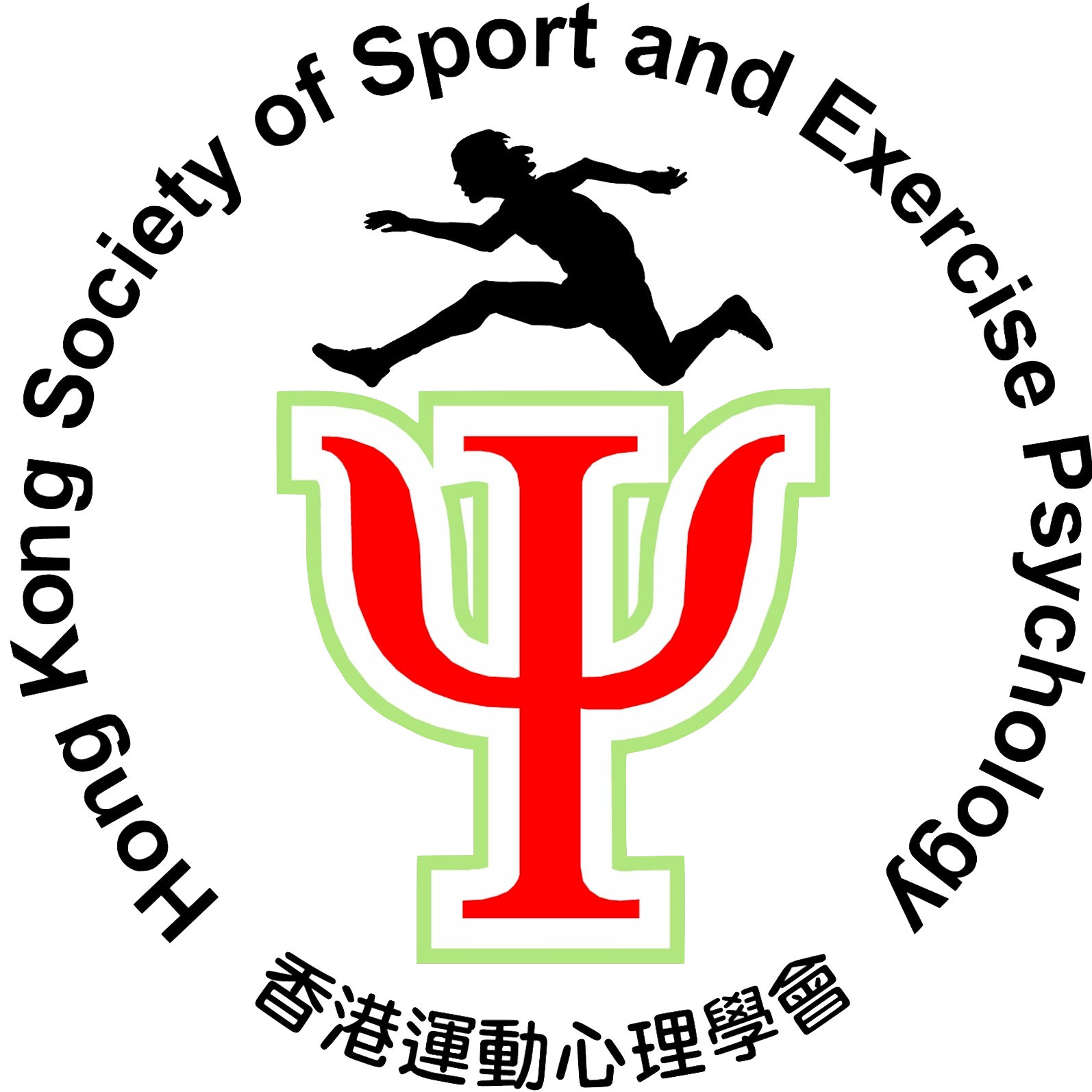We greatly appreciate your keen interest in pursuing a career in applied sport psychology, and we are delighted to assist you in navigating this field.
Job Market in HK
In Hong Kong, the typical salary range for applied sport psychologists in private practice is project-based. Group workshops and individual consultations are usually priced around 800-2000 HKD per hour. It’s important to note that these rates can vary depending on factors such as experience, expertise, and the nature of the services provided.
Currently, the job market for professionals in the field of sport psychology in Hong Kong predominantly comprises researchers. However, there are approximately 10 full-time practitioners. It’s worth noting that the majority of the client base consists of youth athletes. In addition to the Hong Kong Sport Institute (HKSI), various organizations in the performance field, such as sport clubs, teams not affiliated with HKSI, and other organizations in the performance field, also utilize our services.
Opportunities at the Hong Kong Sports Institute
Applied sport psychology opportunities exist at the Hong Kong Sports Institute. These positions typically require a master’s degree in a relevant discipline and prior consultation experience. There are three levels of frontline practitioner, sport psychology officer, sport psychologist, senior sport psychologist.
Educational Pathways
For individuals aspiring to become applied sport psychologists in Hong Kong or the broader Asian context, we highly recommend considering the International Society of Sport Psychology (ISSP) certification (ISSP-R). Additionally, the Certified Mental Performance Consultant (CMPC) certification offered by the Association for Applied Sport Psychology (AASP) is highly regarded.
While we cannot recommend specific programs, we encourage you to explore academic programs worldwide that specialize in applied sport psychology or in sport and exercise psychology in general. Programs in the United States may offer more practice components, while programs in Europe may have a stronger research or academic focus. Many programs also offer practical experience, but the duration and placement size can vary. We recommend reaching out to the program director of any program you are interested in to gain more background information. Additionally, AASP recently introduced a program directory for purchase, which can be a valuable resource.
Future of the Field
As a society, we hold an optimistic view of applied sport psychology as a career in Hong Kong. There is increasing attention being paid to athletes’ mental health and mental performance, which bodes well for the future of the field. Furthermore, the job market has been expanding, as our services can benefit not only athletes but also individuals in diverse performance fields such as art, music, and business.
Recommendation:
- Seek opportunities to gain practical experience through internships, volunteer work, or research projects related to sport psychology. This will help you apply theoretical knowledge to real-world situations and build your professional network.
- Gain knowledge about counselling psychology and mental health. Although we are not eligible to engage in clinical work without the relevant qualifications, understanding these areas will be beneficial in your practice.
- Learn about yourself and explore different approaches to practice and theoretical frameworks. Developing your own professional philosophy and continuously refining it is crucial as a novice sport psychology practitioner.
We greatly appreciate your recognition of the sensitivity of information in this field. We are pleased to have the opportunity to assist you.
Should you have any further inquiries, please do not hesitate to reach out to us. We wish you the best of luck in your pursuit of a career in applied sport psychology.
